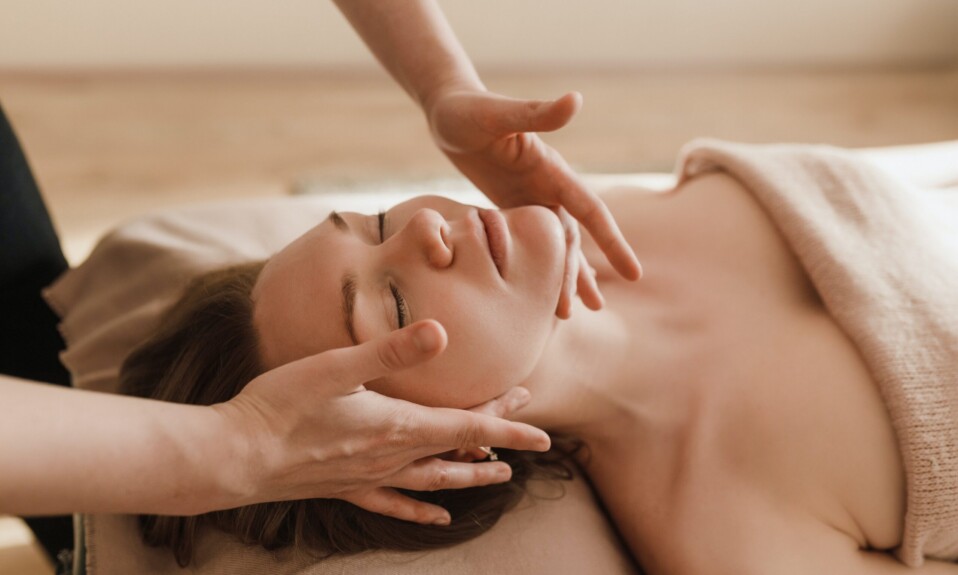5 Things to Protect your Skin: Here are the 5 things you should not do to protect your skin. In terms of surface area and weight, the skin is one of the main organs in the body. The skin protects the body by keeping essential chemicals and nutrients in place while also acting as a barrier to toxic substances entering the body and shielding it from the sun’s ultraviolet radiation. Skin color, shape, and folds also help to distinguish people as individuals. Anything that disrupts skin function or induces changes in appearance may have serious physical and mental implications.
“the sKIN is the largest organs in the body in surface area and weight.”
People do various things to protect their skin without knowing the real effect of that treatment. Here are 5 things you should not do to protect your skin.
1.Don’t Wash your face and body with soap to Protect Your Skin
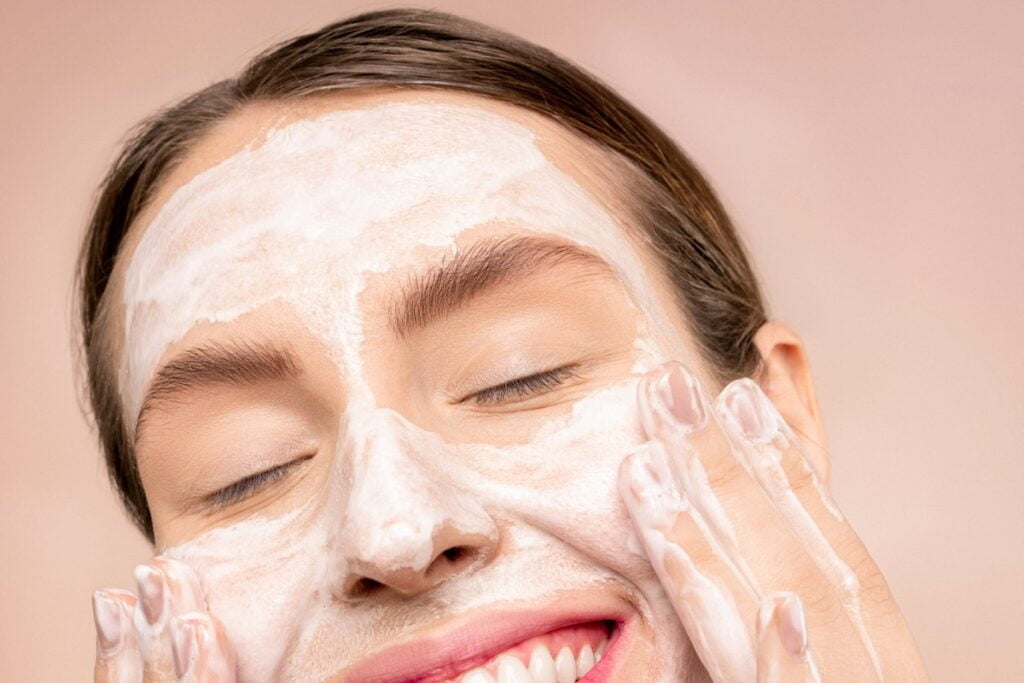
Your skin becomes dry after using soap, and over time, its barrier function declines. Additionally, you must discard harsh cleaners that contain SLS (sodium lauryl sulfate).
This is why you should consider this while choosing a shower product. There are many options available to you. Body washes, bar soaps, sponges, and other cleaning supplies will all be available. That you may use that are exfoliating, and ultimately what you need to consider is the fact that bar soap, for the most part, is not as drying as other types. There are some-there are some classics like Dove.
But a lot of bar soaps are created to give you that “very squeaky clean” sensation, so the lye or other ingredients that they contain are actually intended to remove oil, and they may remove too much oil. As a result, many body washes actually have the word “hydrating” on them. They include things like a tiny amount of jojoba or coconut oil. Some of them are creamide or even created. Some of the more recent, technologically more sophisticated goods that are being released.
These will truly replace the moisture and oil in your skin. As a result, you should sort of consider what you are utilizing to wash with. As a result, we advise using body washes rather than bar soaps. Bar soaps have a tendency to be a bit too arid. Although they are practical, switching to a body wash and a sort of proofy loofah is a good idea.
2.Use a Scrub to Protect Your Skin
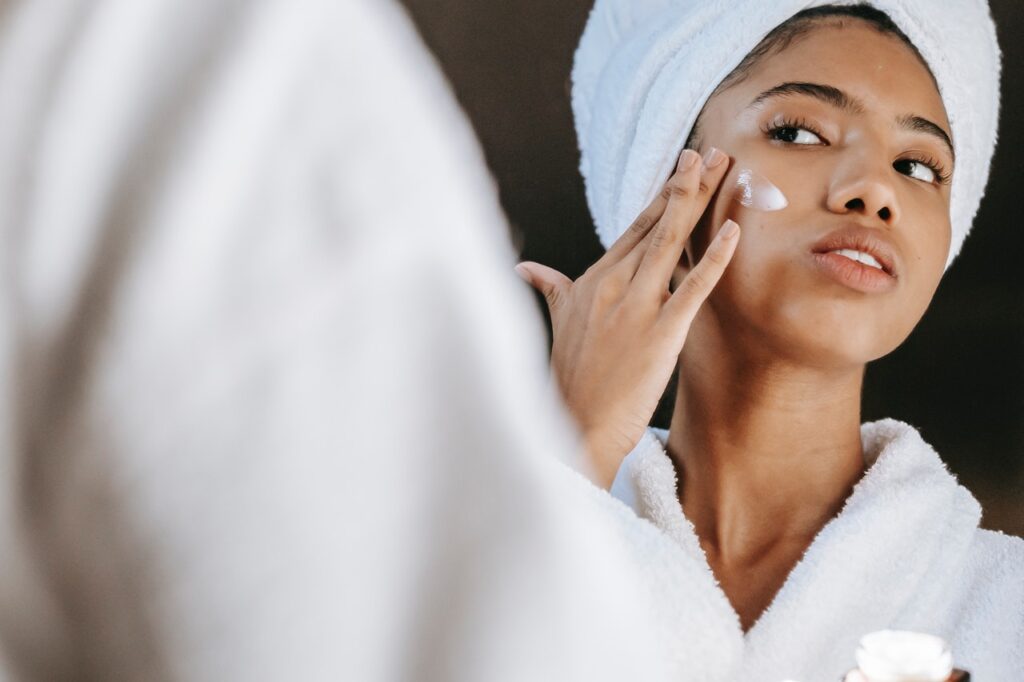
Your skin becomes rough and is damaged when you scrub. Scrubs do produce outcomes, but they are quite transient when used repeatedly. The best method is to apply a skin peeling mask. Even though we advise against using scrubs frequently, you can still exfoliate your face by following these dos and don’ts.
The most crucial information to understand if you’re a complete novice when it comes to utilizing face scrubs is how frequently you should actually exfoliate your skin. Typically, it’s advised to use facial washes two to three times every week.
However, we would point out that if you’re a complete beginner, you should start by exfoliating your skin only once per week. After a month, you can increase this to twice per week, but you should never go beyond that because you don’t actually need to exfoliate that frequently.
The second crucial thing to understand is when not to exfoliate. If you have active acne, such as acne that is still fresh or a fresh pimple on your skin, it is best to wait until it has dried completely before using any facial scrubs. If you use facial scrubs on active acne, they can, as you may already know, aggravate the condition and leave acne scars.
Second, never scrub over cuts or sores on your face since you’ll aggravate them even more and it won’t be fun.
Additionally, if you shave your face, you shouldn’t exfoliate your skin right away. Instead, give your skin a rest for at least two to three days before using it again.
Thirdly, choosing the best facial scrub for your skin is crucial. It shouldn’t include any harsh substances and should be mild on your skin.
After securing your hair and getting ready, you need wash your face using the proper technique to apply this facial scrub. Do not simply wash your face with water; instead, use a face wash to thoroughly clean your skin.
The face wash must then be simply removed with water. We’ll move on to step two, using the scrub, after washing your face while your skin is still damp. Simply take a small amount of scrub in your palm and begin applying it to your face. Use a scrub dollop roughly the size of a penny.
Start gently massaging the scrub into your face now, being sure to avoid the area around your eyes. Please avoid applying excessive pressure while performing this step, and pay special attention to your nose and chin. After roughly a minute of massaging your face. Do not continue doing it beyond a minute.
Now is the moment to wash it off. You need to wash it out with ordinary water; lukewarm water will be preferable, but plain water will do. Simply pat your skin dry after washing your face to make it feel smoother, clearer, and fresher.
Just be careful not to perform this routine more than twice a week. Your skin will be smoother, cleaner, and healthier if you use a particularly good moisturizer after every exfoliation.
3.Excessive use of beauty products to Protect Your Skin.
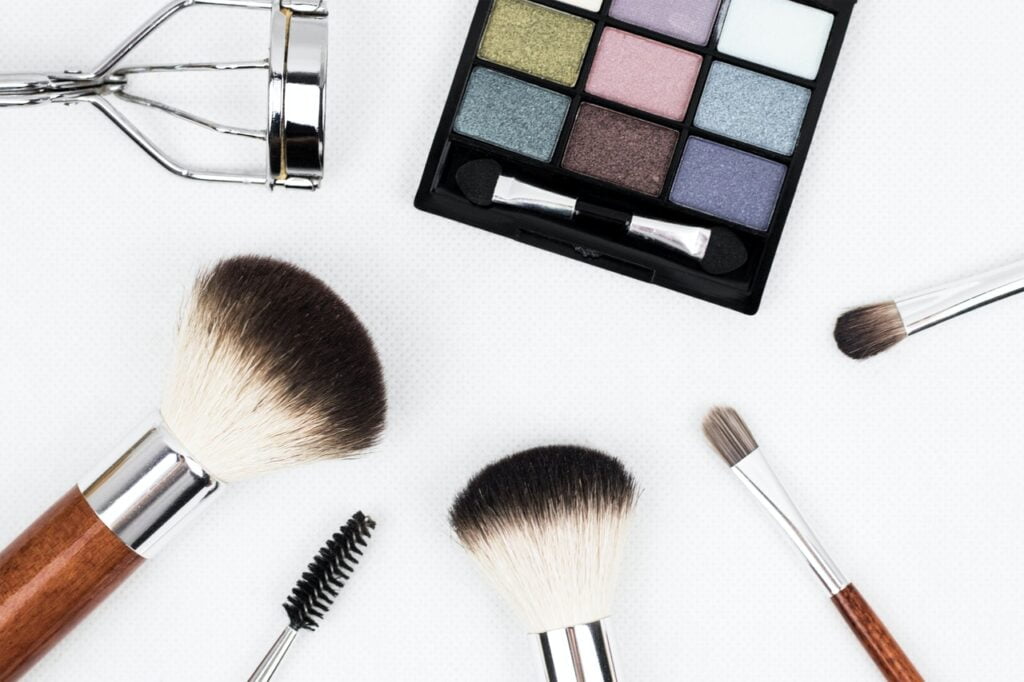
Your skin becomes worse the more you draw attention to it. You will observe results if you choose a few supports appropriate for your skin type.
Whether you are a skincare addict or are only beginning to experiment with makeup and skincare. It’s crucial to understand which cosmetics suit your skin the best. Your skin is unique and has different needs to maintain a lovely and healthy appearance, just like you have different preferences for the foods you eat or the clothes you wear.
“How To Find Your Skin Type ?
But the issue is that the majority of us don’t always have the means (or money, let’s be honest) to receive expert evaluations on our skin type. Of course, for reliable results, getting properly examined is preferable (and we highly encourage you do this!) , but there are some affordable alternatives that can help you determine what skin type you may have if you’re like us and can only afford one visit to the dermatologist.
- Exposure to the sun

Your skin shouldn’t be exposed to the sun. UV rays are an imperceptible type of radiation. They are able to penetrate your skin and harm your skin cells. Skin injury is indicated by sunburns. Additionally unhealthy are suntans. They emerge after the sun’s rays have already harmed and killed certain cells. At any time of year or temperature, UV radiation can harm the skin. They may also result in skin cancer, wrinkles, skin spots, and issues with the eyes. Because of this, you must shield your skin from the sun all year long.
To keep yourself safe Avoid the sun’s rays when they are at their peak (between 10 a.m. and 2 p.m.), Use sun protection with an SPF of at least 15. Put on protective gear, Wear fully UV-protective wraparound sunglasses, stay away from tanning beds, and avoid sunlamps.
Check your skin frequently for birthmarks, moles, and areas that have changed in size, shape, color, or feel. Skin cancer is indicated by such changes.
- Traditional ointments to Protect Your Skin
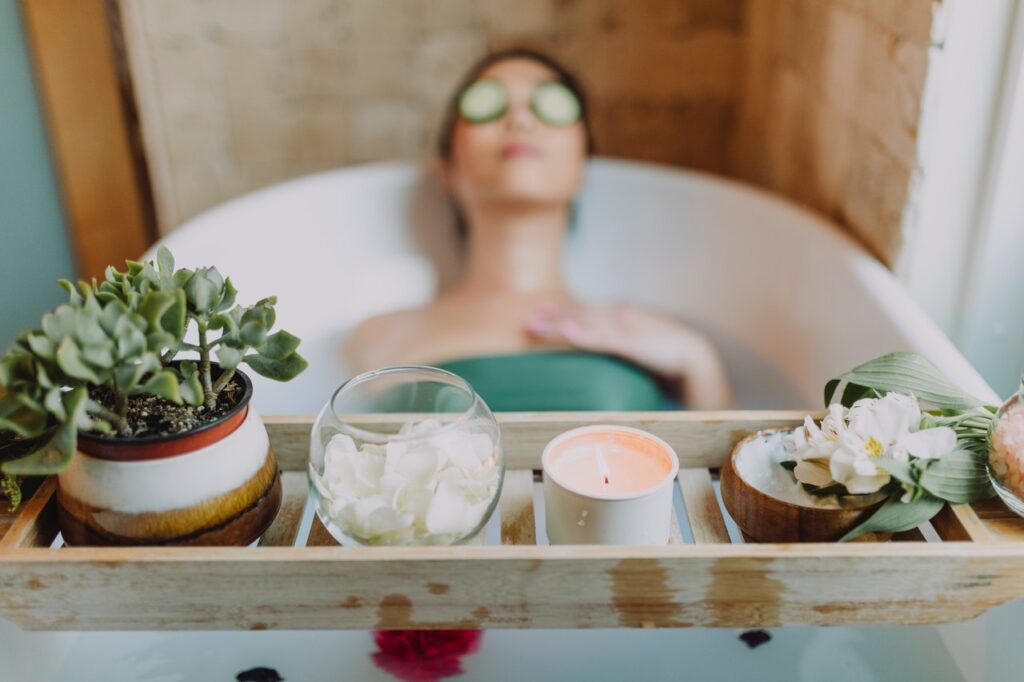
There is a distinction between utilizing lactic acid lotions and applying sour cream to your face. Although vitamin C is healthy for your skin, mixing creams can reduce its effectiveness.

